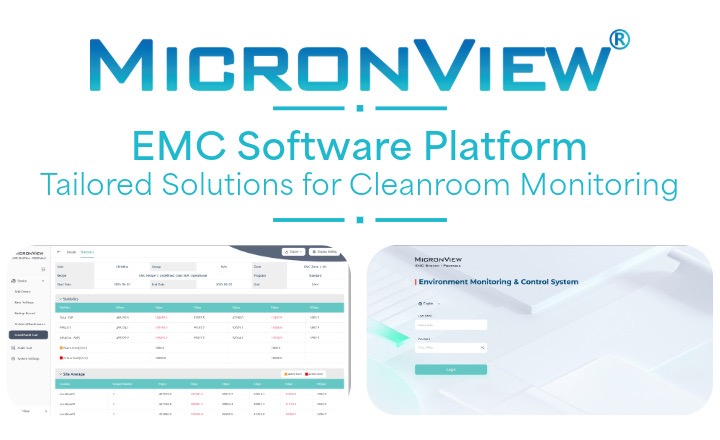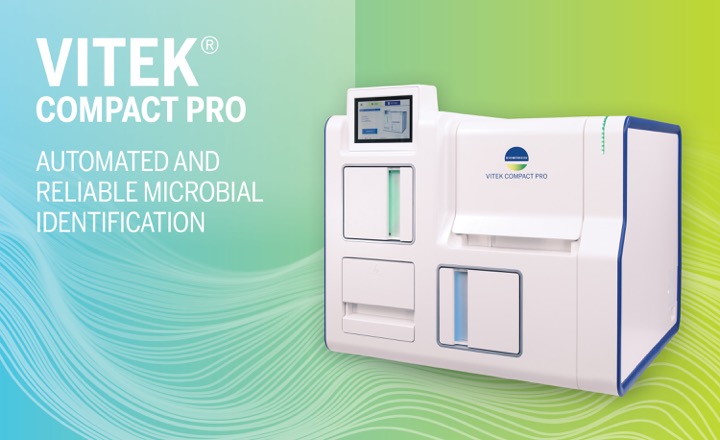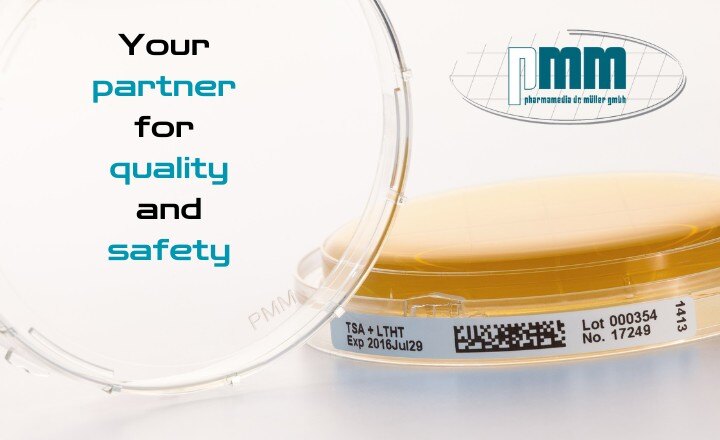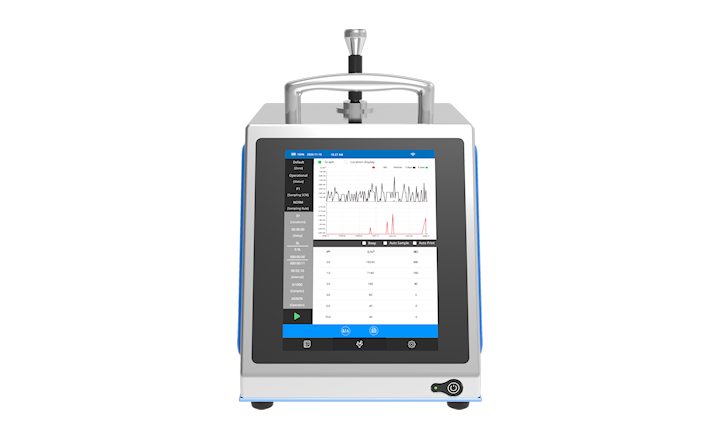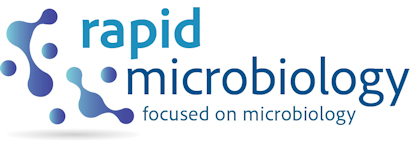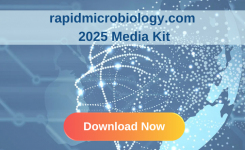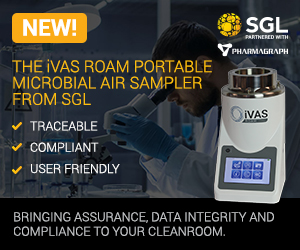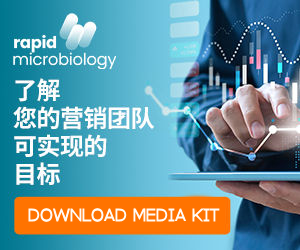
As microbiology moves on from the traditional ‘genus’ and ‘species’ biochemical based identification systems, this rapidmicrobiology special, focuses on products and services that can help food, pharma and biotech processors precisely identify microbial contaminants to help track and trace root cause of problems.
|
Charles River's Erin Patton Explains Why You Should Care About Burkholderia cepacia The Burkholderia cepacia complex (BCC) species are a group of gram-negative, rod-shaped bacteria which have been shown in recent years to be of concern for patients, and as such, for manufacturers of drugs and health care products that contribute to patient health. more.. |
|
|
Are Isolates of the Same Species from the Same Source? When investigating the source of contamination, it is useful to identify whether isolates of the same species are in fact the same strain. NCIMB’s strain-typing service uses a highly reproducible sequence-based technique. more.. |
|
|
Environmental Monitoring for the Identification and Control of Sources of Contamination in Food 3M Food Safety provides the food industry with guidance on how to build and enhance an environmental monitoring program to help ensure food safety and quality. more.. |
|
 |
Using PCR to Detect Specific Contaminants Use the power of PCR to detect harmful bacteria and other microbes in product and environmental samples. Learn how customers around the world have made the BAX System an integral part of their quality control systems. more..
|
|
Ribotyping Easily Fills in for Whole Genome Sequencing to Characterize Food-borne Pathogens This white paper published by Hygiena International explores ribotyping as a powerful, cost-effective and labor saving addition to any microbial analysis and could provide a valuable alternative to a WGS laboratory as an important component of an overall food safety plan. more... |
|
 |
Listeria PatternAlert™ Assay – Rapid Typing, Direct from Enrichment Rheonix, Inc. launches the Listeria PatternAlert™ assay, a breakthrough method to rapidly characterize Listeria strains direct from enrichment. The method helps food producers identify Listeria harborage sites and trace back sources of contamination. more..
|
 |






